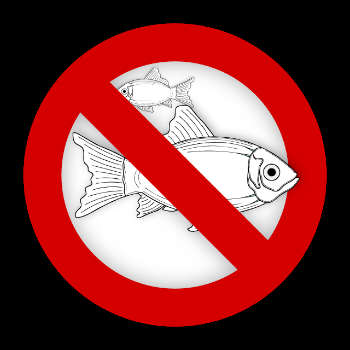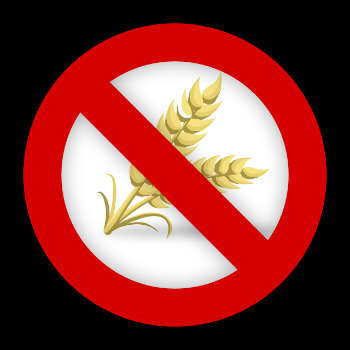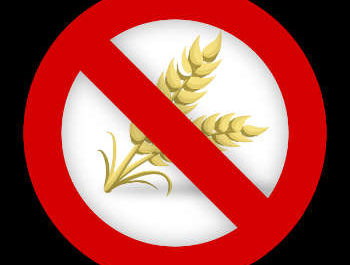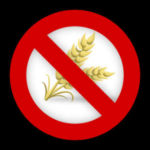Food Allergy Awareness Week And Managing Food Allergies
Established 30 years ago by the Food Allergy & Anaphylaxis Network Food Allergy Awareness Week is recognized every year in May to emphasize awareness of food allergies–how to recognize signs of a food allergy, managing food allergies and understanding what to do in case of a food allergy emergency.
What Causes Food Allergies?
Food allergies primarily involve protein-containing foods, such as eggs, nuts, fish, crustaceans, milk, and soybeans. For reasons not fully understood by doctors, some people’s immune system is extremely sensitive to proteins. When the immune system detects proteins in the blood, it overreacts and floods the body with histamine, IgE antibodies, and other chemicals in an attempt to eradicate these proteins.
Food allergy symptoms can occur within minutes of consuming a particular food. In rare cases, delayed reactions may take as long as four hours to emerge. More commonly seen in children, delayed food allergy reactions often develop as eczema or severe skin irritations that may be misdiagnosed by physicians as non-allergic conditions.
Food Allergy Symptoms To Be Aware Of
Food allergy reactions can impact the skin, respiratory, cardiovascular or gastrointestinal systems. Classic signs of a food allergy include:
- Itchy hives appearing on the face, neck, and arms
- Stomach cramping
- Vomiting
- Wheezing/coughing/difficulty breathing
- Swelling of the lips, tongue and throat tissues
- Bluish, pale skin
- Faintness/dizziness
- Weak pulse/circulatory collapse
A life-threatening response to a food allergy called anaphylaxis can rapidly cause shock and severely impair respiratory functions as airways swell and block breathing. An immediate injection of epinephrine is essential for reducing airway swelling and stimulating blood flow throughout the body. Even if someone receives epinephrine following a food allergy episode and feels better, they should still visit the emergency room to ensure they have not suffered any medical consequences due to anaphylactic shock.
How Are Allergies Diagnosed?
If an allergist suspects someone has food allergies, they will order ImmunoCAP or other similar blood tests and/or perform skin prick tests to determine if IgE antibodies exist in the bloodstream. A skin prick test takes about 30 minutes and involves an allergist pricking the patient’s skin with a probe containing a small amount of a suspected food allergen. If the test is positive, a bump resembling a mosquito bite will emerge at the site of the prick. In cases where results are inconclusive, an allergist may perform a series of “negative” tests to rule out food allergens.
Managing The Food To Eat
Once a food allergy is clinically diagnosed, managing the specific food allergy successfully involves avoiding consumption of foods suspected of causing food allergy symptoms. Examining the list of ingredients of all foods consumed, asking restaurant workers about how their food is prepared (are the same fryers used to cook shrimp also used to cook French fries?) and carrying EpiPens with you at all times are essential for managing a food allergy. Wearing a medical ID necklace or bracelet engraved with information about what foods you are allergic to is also highly recommended.
Also be aware that if you are allergic to one type of food, you may be prone to experiencing allergic reactions to other foods. For example, people allergic to eggs may be allergic to the chicken while those allergic to cow’s milk may be allergic to beef. If you are allergic to wheat, you may harbor an allergy to barley and rye.
Also, try to avoid situations considered high-risk for people with food allergies, such as picnics, covered dish events, and buffets where accidental consumption of food allergens is more likely to occur. Having a good knowledge of allergies is sure to make your life simpler and less stressful especially when in public settings.







